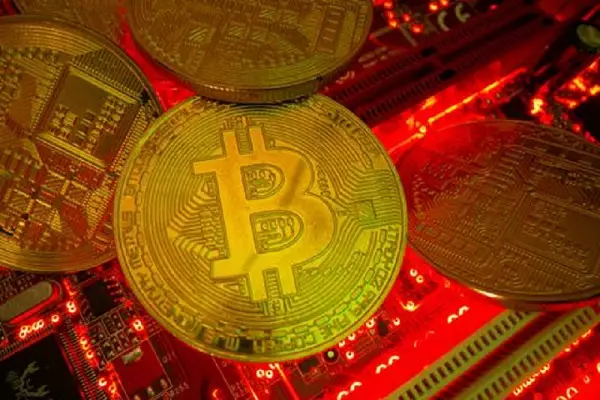In the fast-paced world of cryptocurrency, the innovation behind new tokens has reached staggering heights. With an astonishing volume of approximately 1 million tokens being launched each week, the industry is at a critical crossroads. Brian Armstrong, CEO of Coinbase, recently underscored a significant challenge in this burgeoning digital landscape. While the introduction of countless new tokens can be seen as a testament to the excitement and potential of the crypto space, it simultaneously poses a dilemma for investors and users alike. How can one possibly evaluate each emerging asset when the sheer number surpasses practical scrutiny? Armstrong’s proposal to transition from an “allow list” to a “block list” for regulating tokens may streamline the process, but it also raises questions about user autonomy and the tools necessary for effective decision-making in an overwhelming marketplace.
Armstrong’s strategy also points to a possible evolution toward deeper integration with decentralized exchanges (DEXs). This approach envisions a harmonious environment where trading experiences remain seamless, whether users are engaging in centralized or decentralized platforms. The prospect of merging traditional exchange functionalities with DEX features could revolutionize how investors interact with cryptocurrencies. However, the challenge lies in balancing user security and convenience; as the industry embraces decentralization, the responsibility of due diligence will increasingly shift to the investor. This raises concerns about whether ordinary users possess the requisite knowledge to navigate such a complex and rapidly changing ecosystem.
Contrasting Armstrong’s optimistic perspective, Peter Schiff continues to be a vocal critic of the cryptocurrency phenomenon. His questioning of Bitcoin’s inherent value touches on a fundamental principle — limited supply. Schiff asserts that the overwhelming influx of new tokens undermines Bitcoin’s status as a scarce asset; if inflation is rampant among digital assets, even the so-called “king of cryptocurrencies” may struggle to maintain its value. Schiff’s critique invites a deeper examination of how market saturation can affect not only Bitcoin but the entire cryptocurrency ecosystem.
Moreover, Schiff’s skepticism extends to Bitcoin’s proof-of-work mechanism. He argues that this energy-intensive model, often regarded as a cornerstone of the network’s security, is fundamentally flawed. By likening it to a futile exercise of digging a hole only to fill it back in, Schiff provocatively questions the utility of expending massive amounts of energy that do not yield tangible, enduring value. His perspective challenges proponents of the proof-of-work system to rethink its benefits against its considerable energy costs.
As the crypto landscape continues to evolve, so do the debates surrounding its merits and drawbacks. The juxtaposition of Armstrong and Schiff’s views highlights the ongoing tension between innovation and skepticism. While cryptocurrencies offer a promising avenue for financial resilience and technological advancement, persistent questions about value, sustainability, and user trust remain entrenched. As more tokens flood the market and conversation intensifies, it becomes crucial for investors, innovators, and skeptics alike to engage in constructive dialogues—ensuring that the future of cryptocurrency develops in a manner that is equitable, transparent, and beneficial for all stakeholders.

